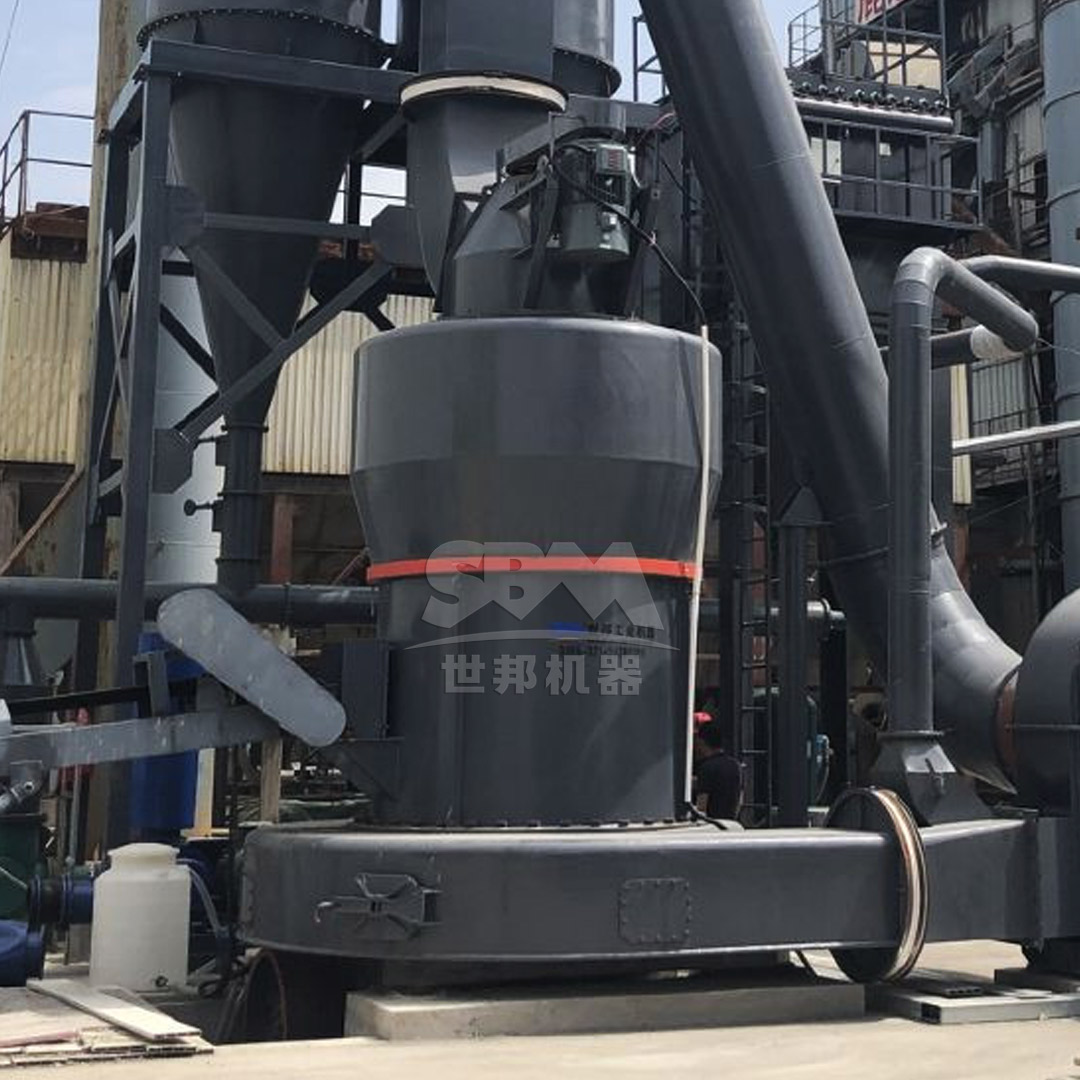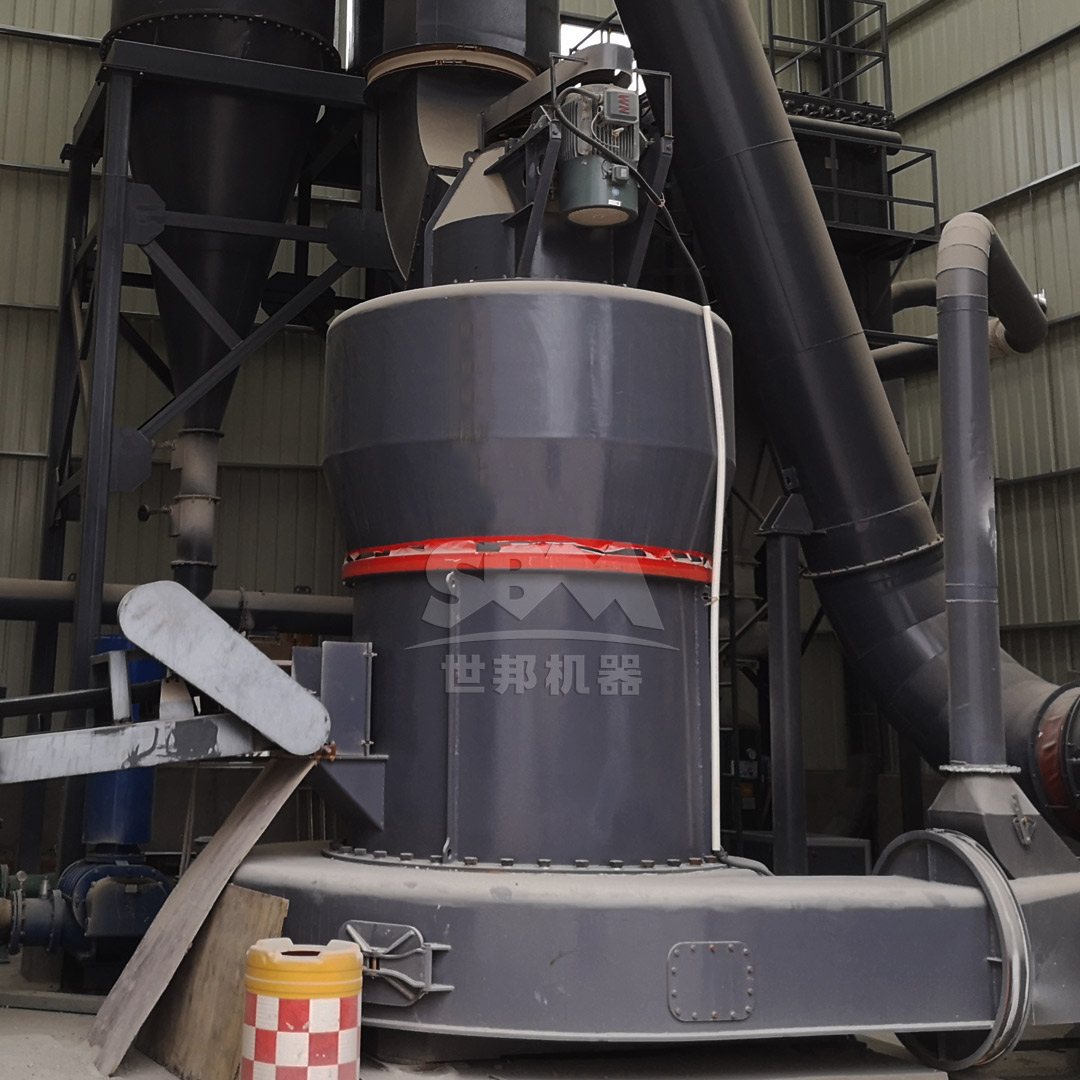Selecting the appropriate grinding mill is a critical decision that directly impacts production efficiency, operational costs, and final product quality in mineral processing and powder production industries. The optimal choice depends on a comprehensive understanding of your material’s specific characteristics, particularly hardness, moisture content, and abrasiveness. This technical guide provides a systematic approach to mill selection based on these fundamental material properties, helping you make informed decisions that maximize return on investment while ensuring reliable operation.
Material hardness, typically measured on the Mohs scale or by Bond Work Index, determines the grinding mechanism and mill type required. Soft materials (Mohs hardness ≤4) like limestone, calcite, and gypsum can be processed using medium-pressure grinding systems. Medium-hard materials (Mohs hardness 4-6) such as feldspar, barite, and marble require higher grinding pressure. For hard materials (Mohs hardness ≥6) including quartz, granite, and iron ore, high-pressure grinding systems with exceptional wear resistance are essential.
| Hardness Category | Mohs Scale | Bond Work Index (kWh/t) | Typical Materials |
|---|---|---|---|
| Soft | ≤4 | <15 | Calcite, Gypsum, Talc |
| Medium | 4-6 | 15-20 | Feldspar, Barite, Marble |
| Hard | ≥6 | >20 | Quartz, Granite, Iron Ore |
Moisture content significantly affects material flowability, grinding efficiency, and potential for system clogging. Materials with moisture content below 5% generally present minimal processing challenges. Medium moisture materials (5-15%) may require pre-drying or heated grinding systems. High moisture materials (>15%) typically need integrated drying systems or specialized mill designs that can handle wet grinding operations.

Abrasiveness refers to a material’s ability to wear down grinding components through friction and impact. Low abrasive materials like calcium carbonate cause minimal wear, while highly abrasive materials such as silica sand and zircon sand can rapidly deteriorate conventional grinding elements. The selection of appropriate wear-resistant materials and mill designs is crucial for maintaining operational efficiency and controlling maintenance costs when processing abrasive materials.
When processing materials with high hardness, mills must deliver substantial grinding pressure while withstanding significant mechanical stress. Our MTW Series Trapezium Mill excels in this application with its robust construction and advanced grinding mechanism. The mill features specially designed wear-resistant components, including high-chrome alloy grinding rollers and rings that maintain performance even when processing materials up to Mohs hardness 7. The curved air channel design minimizes energy loss while the conical gear transmission system ensures stable operation under heavy loads. With input sizes up to 50mm and processing capacities ranging from 3-45 tons per hour, the MTW Series provides reliable performance for demanding hard material applications.
Materials with elevated moisture content require integrated drying capabilities to prevent clogging and maintain grinding efficiency. Our LM Series Vertical Roller Mill incorporates advanced hot air circulation systems that simultaneously dry and grind materials with moisture content up to 15%. The vertical design facilitates efficient material-gas contact, while the integrated separator ensures proper classification of dried product. The mill’s ability to handle moist materials without pre-drying significantly reduces energy consumption compared to separate drying and grinding processes. With capacities ranging from 3-250 tons per hour and comprehensive environmental controls, this system represents an optimal solution for moist material processing.

Abrasive materials demand specialized wear protection and maintenance-friendly designs to control operational costs. Our grinding mills incorporate multiple strategies to address abrasion challenges, including replaceable wear plates, specialized alloy compositions, and optimized grinding geometries that distribute wear evenly. The modular design of key components allows for rapid replacement during maintenance periods, minimizing downtime. For extremely abrasive applications, custom material solutions are available to extend component life and maintain grinding efficiency throughout the wear cycle.
For applications requiring exceptionally fine products, our SCM Ultrafine Mill delivers outstanding performance with output fineness ranging from 325 to 2500 mesh (D97 ≤5μm). This advanced system incorporates a vertical turbine classifier that enables precise particle size control without coarse powder contamination. The intelligent control system automatically monitors and adjusts operational parameters to maintain consistent product quality. With energy consumption 30% lower than conventional jet mills and double the production capacity, the SCM Series represents a breakthrough in ultra-fine grinding technology. The mill’s special material construction extends component life significantly, while the pulse dust collection system and soundproof chamber design ensure environmental compliance with noise levels below 75dB.
Large-scale production requirements demand robust, high-capacity grinding solutions. Our comprehensive range includes mills with processing capacities from small pilot-scale operations to industrial systems handling hundreds of tons per hour. These systems incorporate advanced automation features that optimize performance while reducing operator intervention. Real-time monitoring of critical parameters, automated adjustment systems, and remote operation capabilities ensure consistent product quality and operational efficiency across the entire production range.

| Mill Type | Optimal Hardness Range (Mohs) | Max Moisture Tolerance | Abrasion Resistance | Output Fineness | Capacity Range (t/h) |
|---|---|---|---|---|---|
| SCM Ultrafine Mill | ≤7 | 8% | High | 325-2500 mesh | 0.5-25 |
| MTW Trapezium Mill | ≤9.3 | 10% | Very High | 30-325 mesh | 3-45 |
| LM Vertical Mill | ≤8 | 15% | High | 30-600 mesh | 3-250 |
| Ball Mill | ≤9 | 5% (dry) | Medium | 0.074-0.8mm | 0.65-450 |
Modern grinding mills incorporate multiple energy-saving technologies that significantly reduce operational costs. Advanced drive systems, optimized grinding geometries, and intelligent control strategies work together to minimize specific energy consumption. Our MTW Series Trapezium Mill, for example, achieves 98% transmission efficiency through its conical gear system, while the LM Vertical Roller Mill reduces energy consumption by 30-40% compared to traditional ball mill systems. These efficiency improvements translate directly to lower operating costs and reduced environmental impact.
The economic viability of any grinding operation depends heavily on maintenance requirements and component service life. Our mills are engineered for extended operation between maintenance intervals, with specially designed wear parts that offer significantly longer service life. The SCM Ultrafine Mill’s bearing-free screw grinding chamber and special material rollers and rings provide multiple times the lifespan of conventional components. Similarly, the MTW Series features combined shovel blades that reduce maintenance costs and curved designs that extend roller life. These design features collectively reduce total cost of ownership while maximizing equipment availability.
Modern grinding operations must meet increasingly stringent environmental standards for emissions, noise, and overall environmental impact. Our grinding mills incorporate comprehensive environmental protection systems, including pulse dust collectors that exceed international efficiency standards, soundproofing technologies that reduce noise to 75-80dB, and fully sealed negative pressure operation that prevents dust leakage. These features ensure compliance with environmental regulations while creating safer, more comfortable working conditions for operating personnel.
Selecting the right grinding mill requires careful consideration of material characteristics, production requirements, and operational constraints. By matching your specific material properties—hardness, moisture content, and abrasiveness—to the appropriate grinding technology, you can optimize performance, minimize operating costs, and ensure consistent product quality. Our comprehensive range of grinding mills, from the ultra-fine capabilities of the SCM Series to the high-capacity performance of the LM Vertical Mills, provides solutions for virtually any application. We recommend consulting with our technical experts to conduct material testing and determine the optimal mill configuration for your specific requirements, ensuring you achieve the best possible return on your grinding investment.